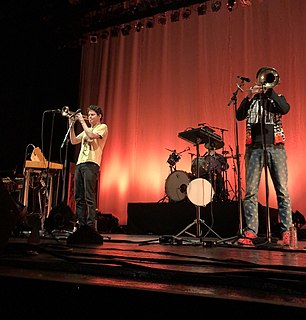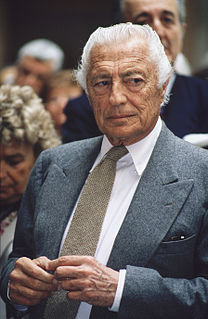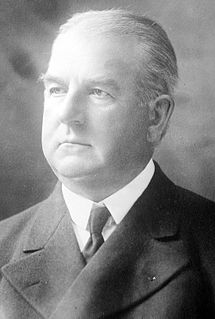A Quote by Drew Gilpin Faust
Before the Civil War, there were no national cemeteries, no processes for identifying the dead in the battle. There weren't any dog tags, and there was no next-of-kin notification. You didn't necessarily even hear what the fate of your loved ones had been. It was up to their comrades to write and inform you.
Related Quotes
If only you’d remember before ever you sit down to write that you’ve been a reader long before you were ever a writer. You simply fix that fact in your mind, then sit very still and ask yourself, as a reader, what piece of writing in all the world Buddy Glass would most want to read if he had his heart’s choice. The next step is terrible, but so simple I can hardly believe it as I write it. You just sit down shamelessly and write the thing yourself. I won’t even underline that. It’s too important to be underlined.
Cemeteries have always had a lure for me. They are well kept, free from ambiguity, logical, virile, and alive. In cemeteries you can summon up courage and arrive at decisions, in cemeteries life takes on distinct contours -- I am not referring to the borders of the graves -- and if you will, a meaning.
I've just always had a personal fascination with the myth of Abraham Lincoln. And once you start to read about him and the Civil War and everything leading up to the Civil War, you start to understand that the myth is created when we think we understand a character and we reduce him to a kind of cultural national stereotype.
and even when I was broken the way sometimes one can be broken, and even though I had fallen, I found upon arising that I was stronger than before, that the glories, if I may call them that, which I had loved so much and that had been darkened in my fall, were shinning even brighter and nearly everytime subsequently I have fallen and darkness has come over me, they have obstinately arisen, not as they were, but brighter.
I was standing next to a famed geo-politician when the first news of the Argentine attack [on the Faulkland Islands] was received, and heard him muse incredulously: "An old-fashioned naval battle. A war between two civilized nations, perhaps with even a declaration of war, and later a peace conference. Wow." No hostages, no nukes, no ideologies, no religious fanaticism; just a fair-and-square war over national interests - hard to believe, in this day and age.






































